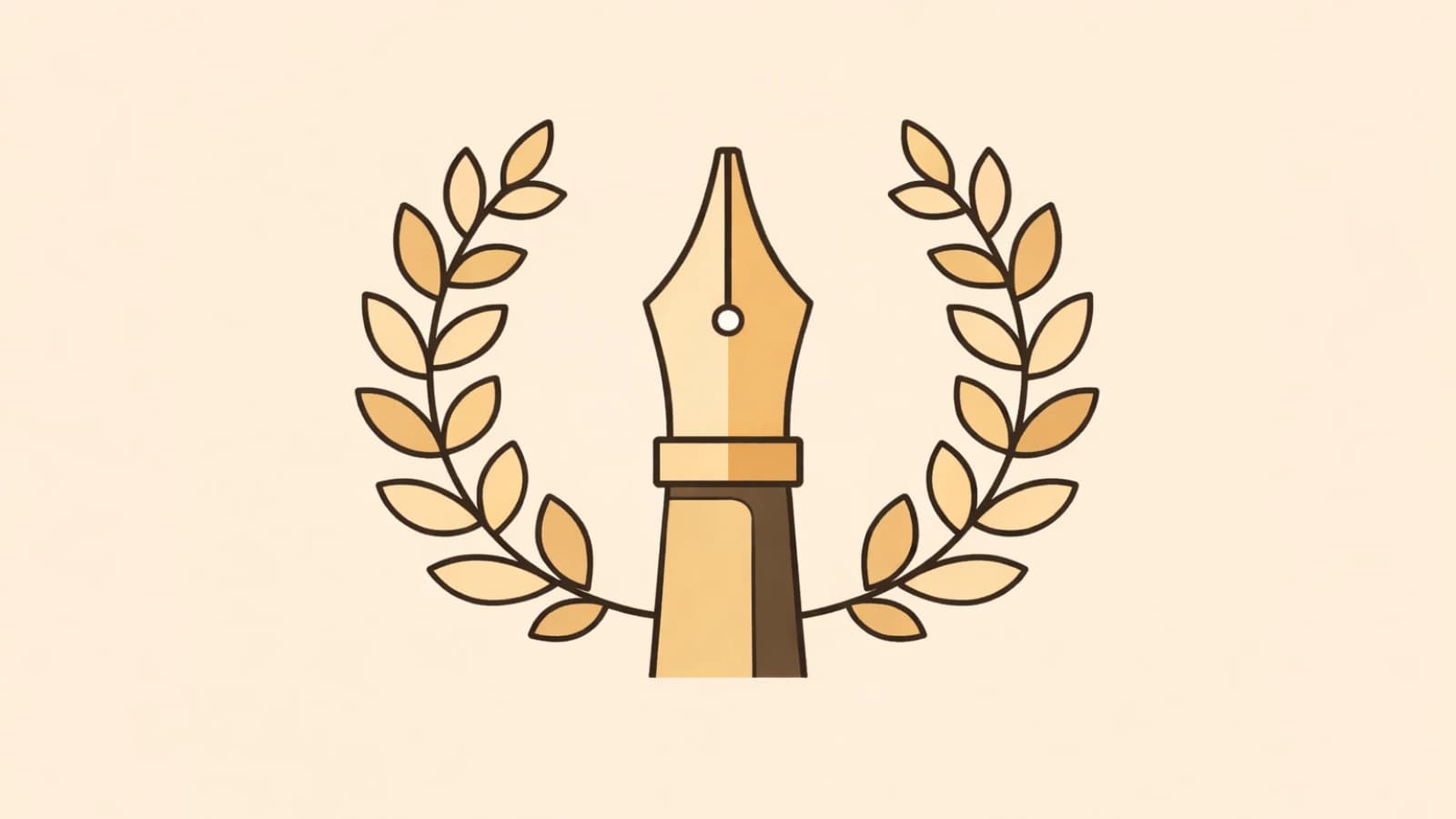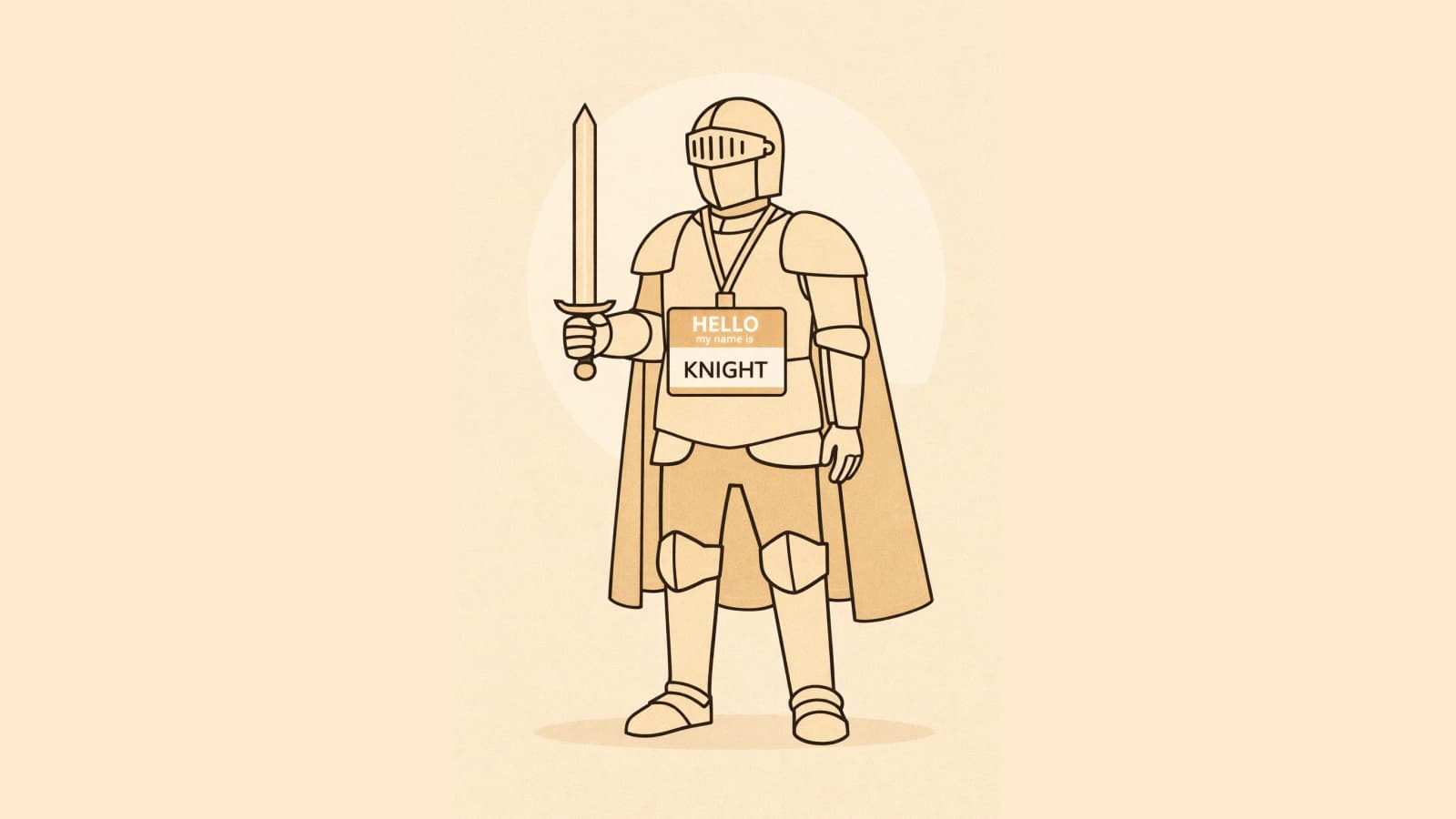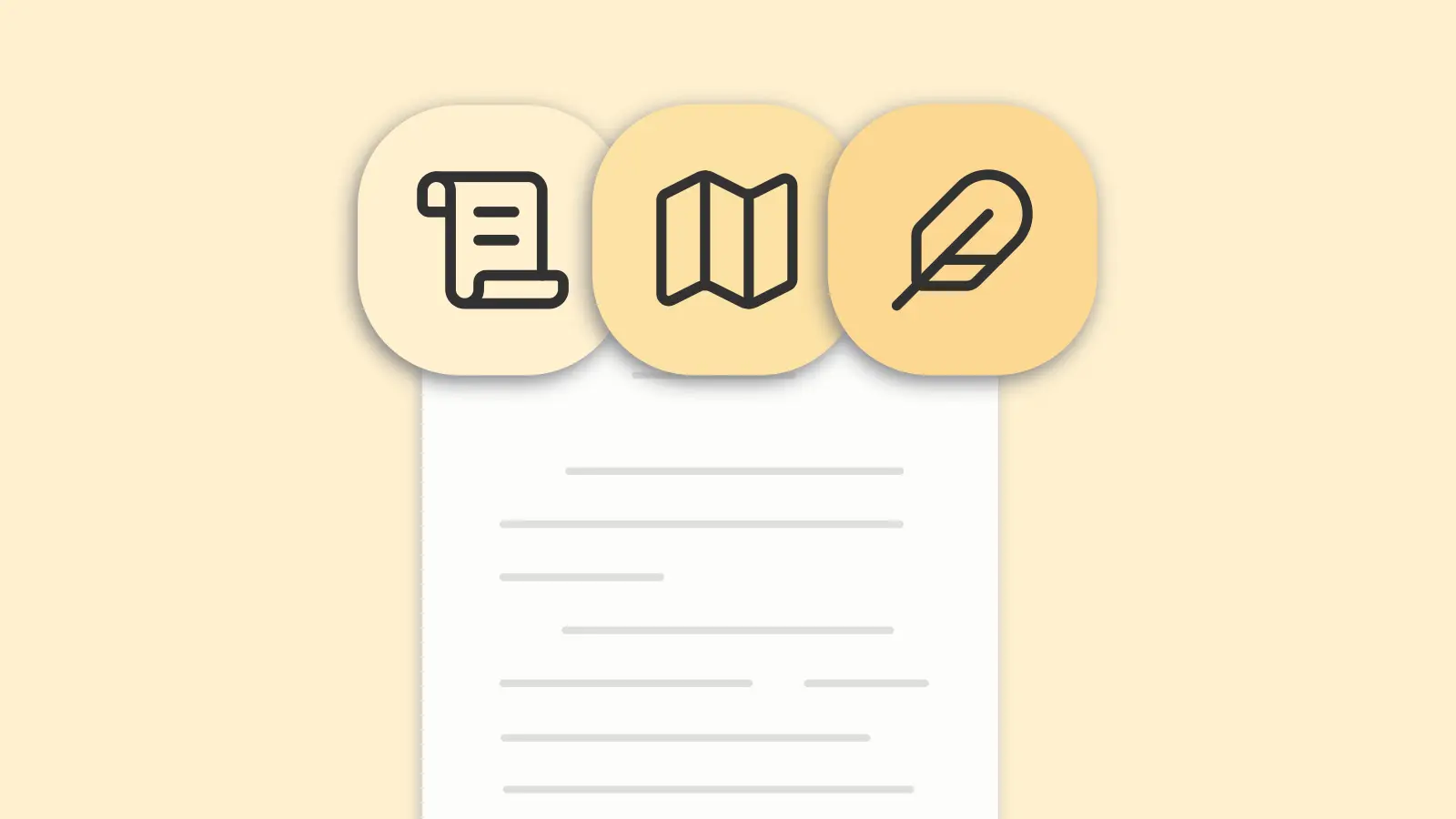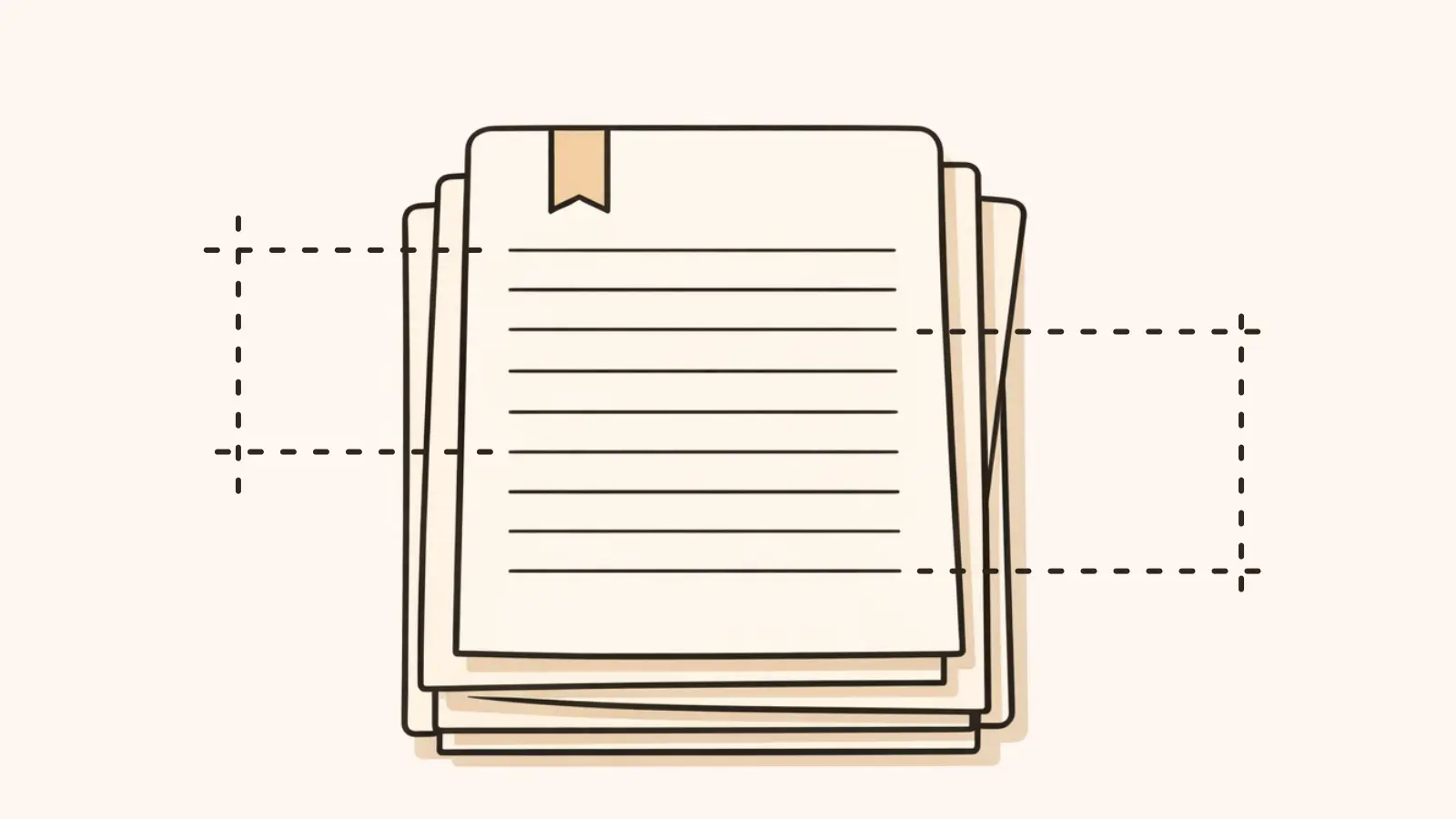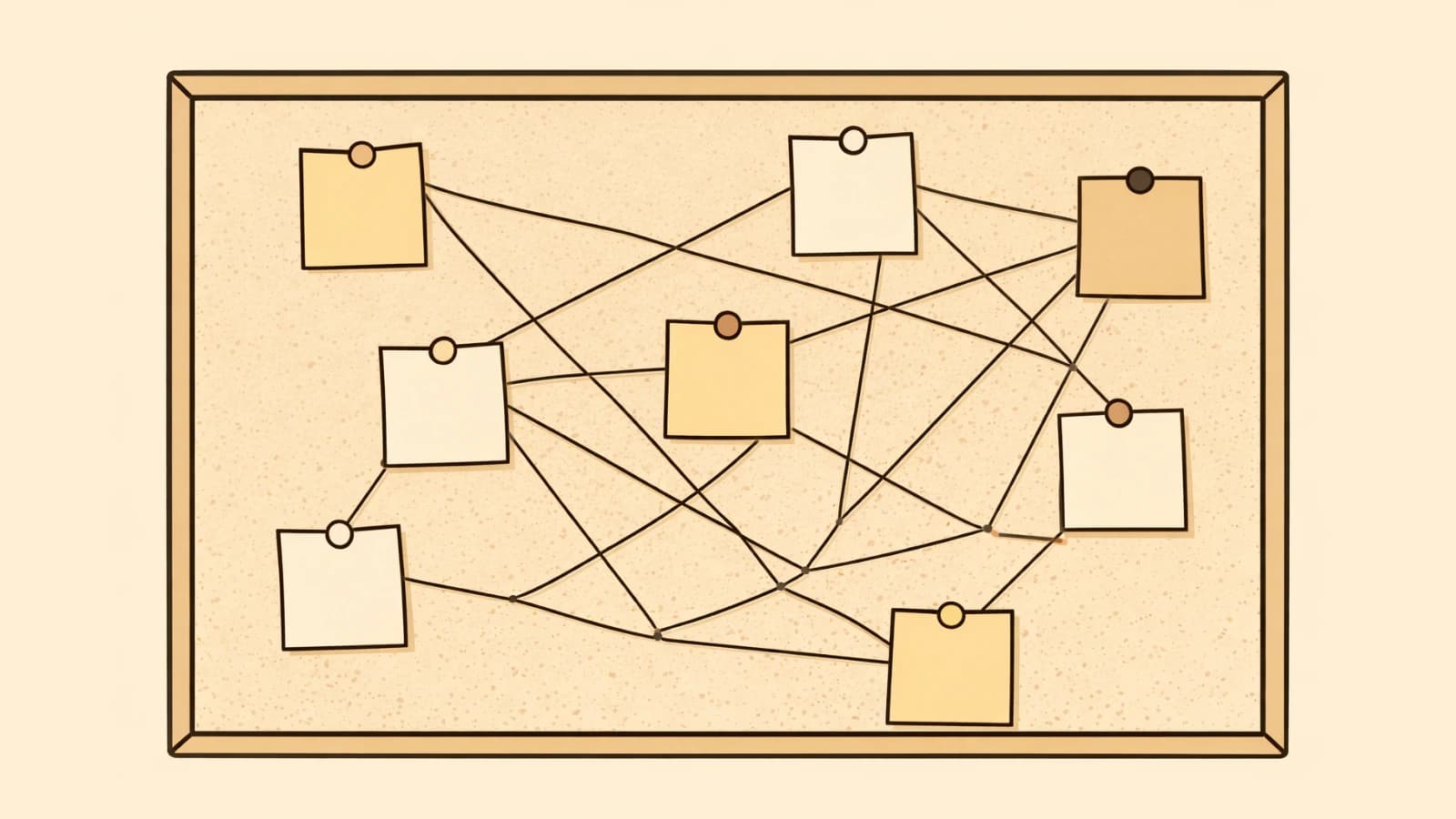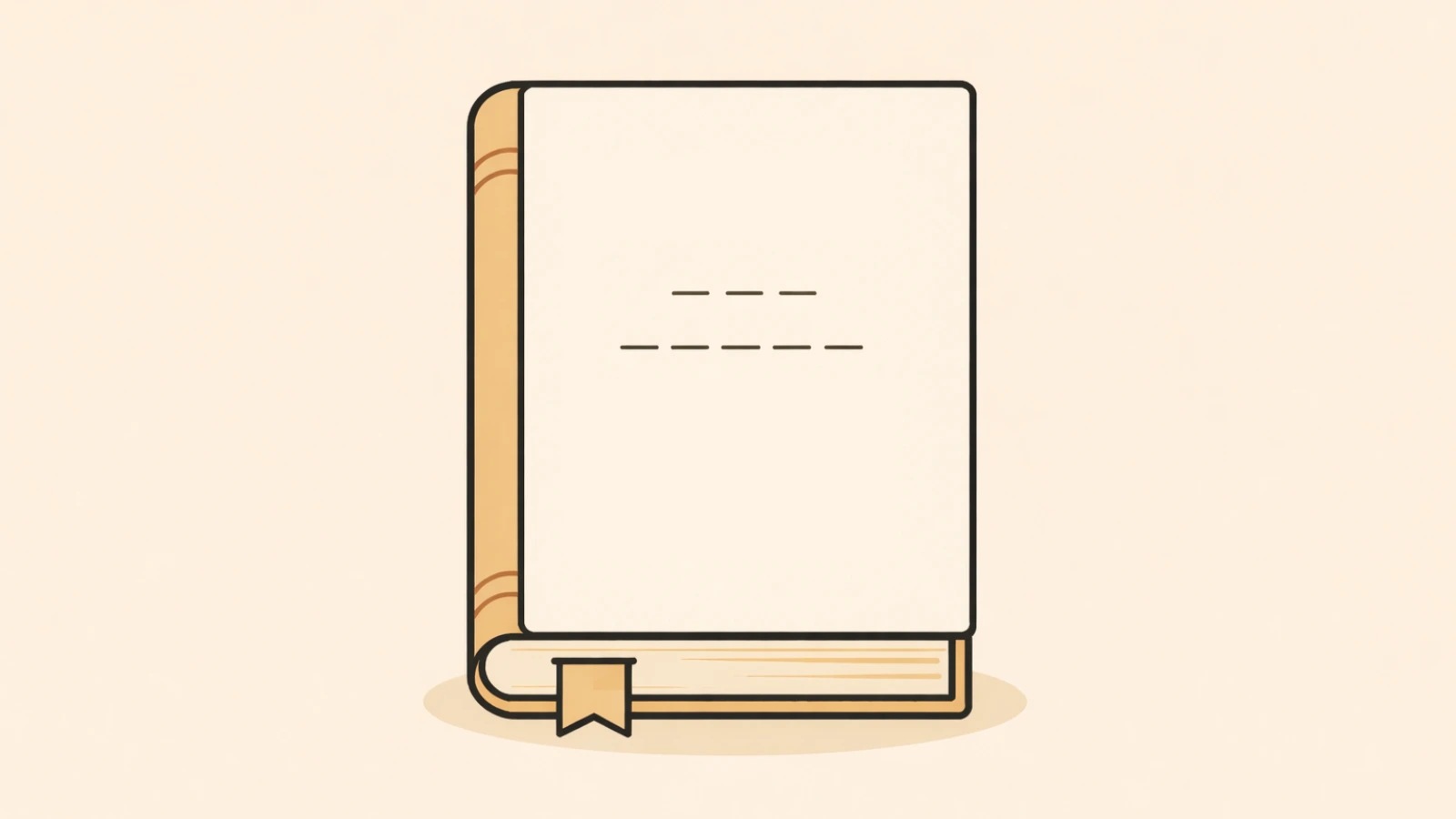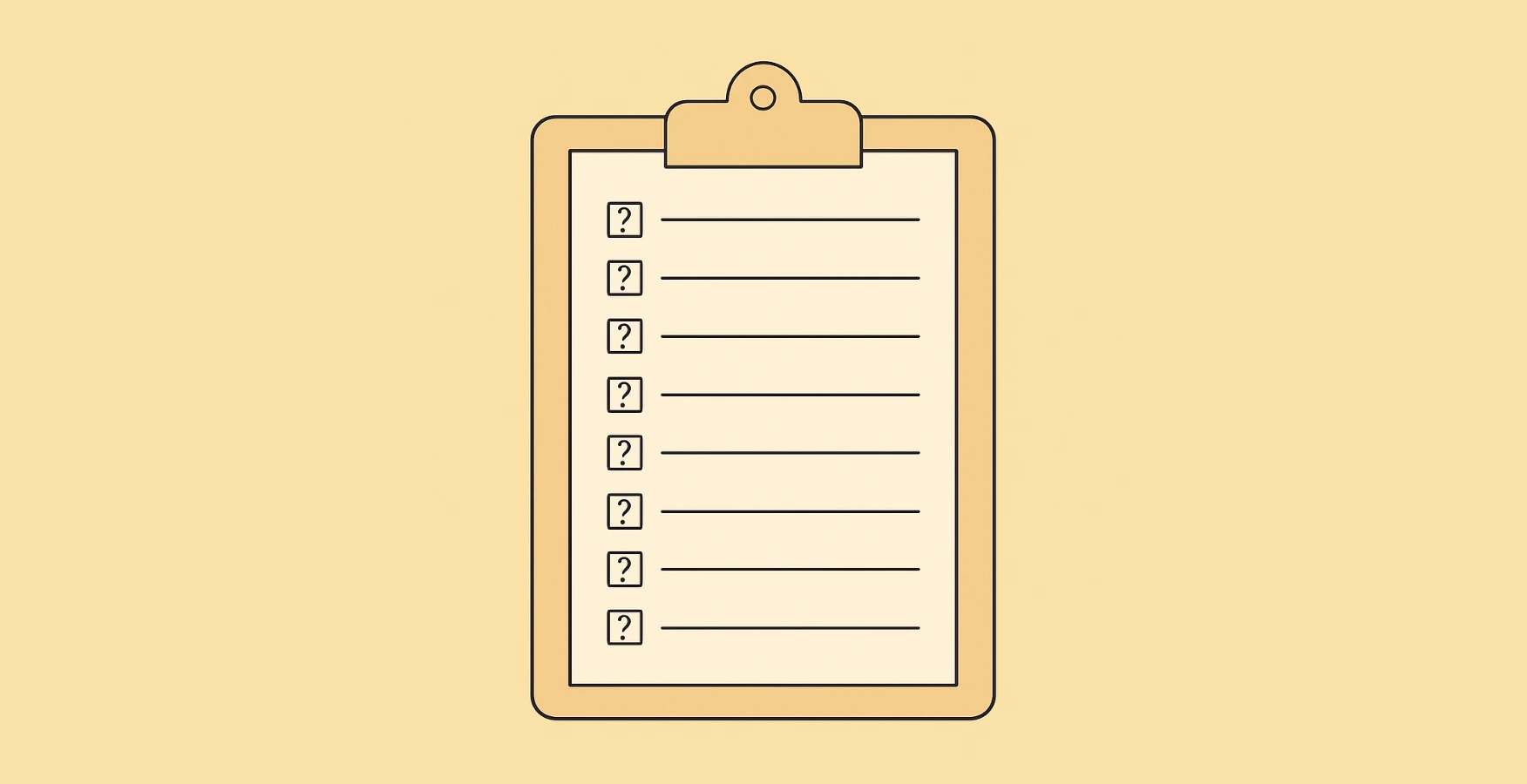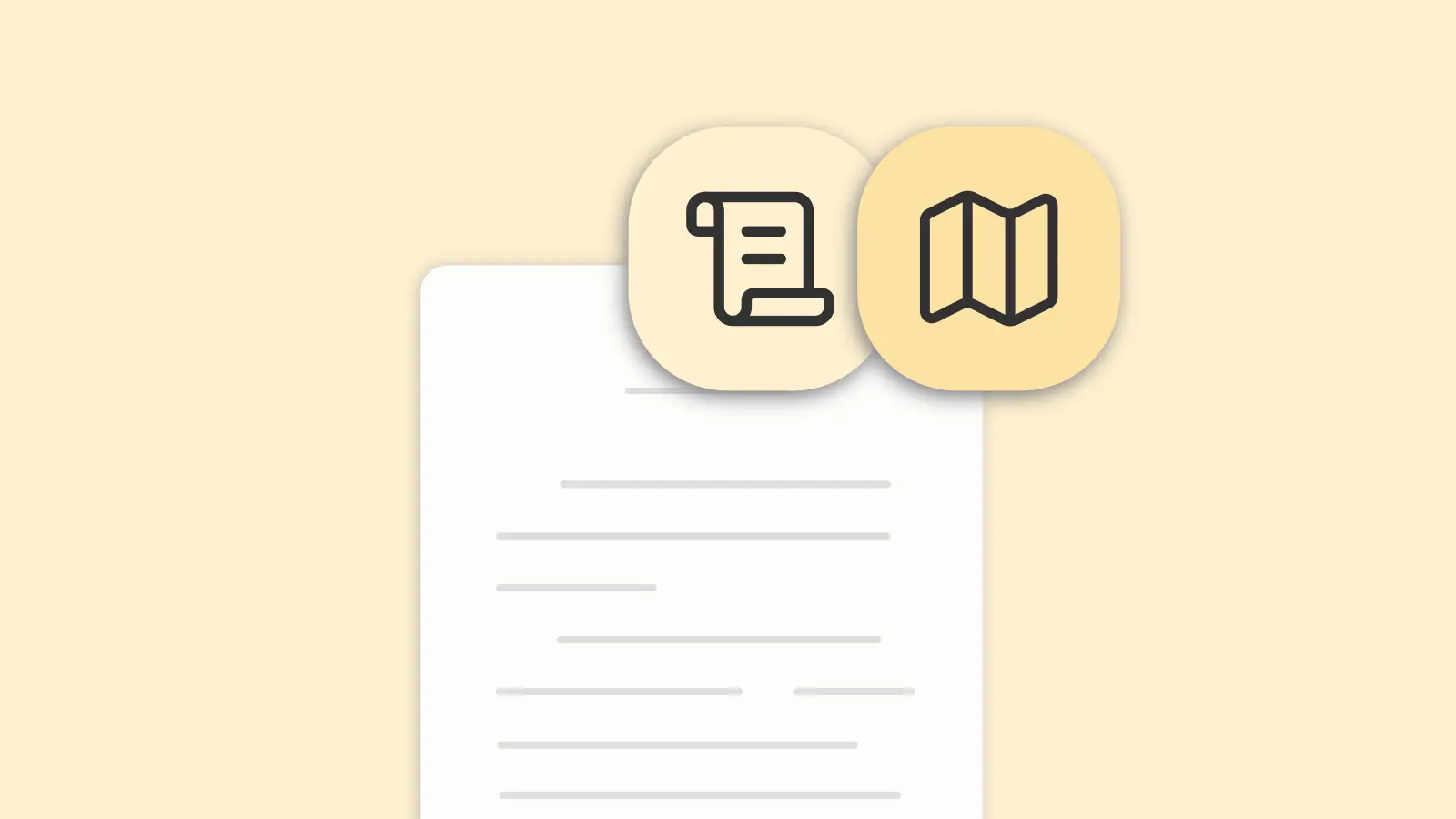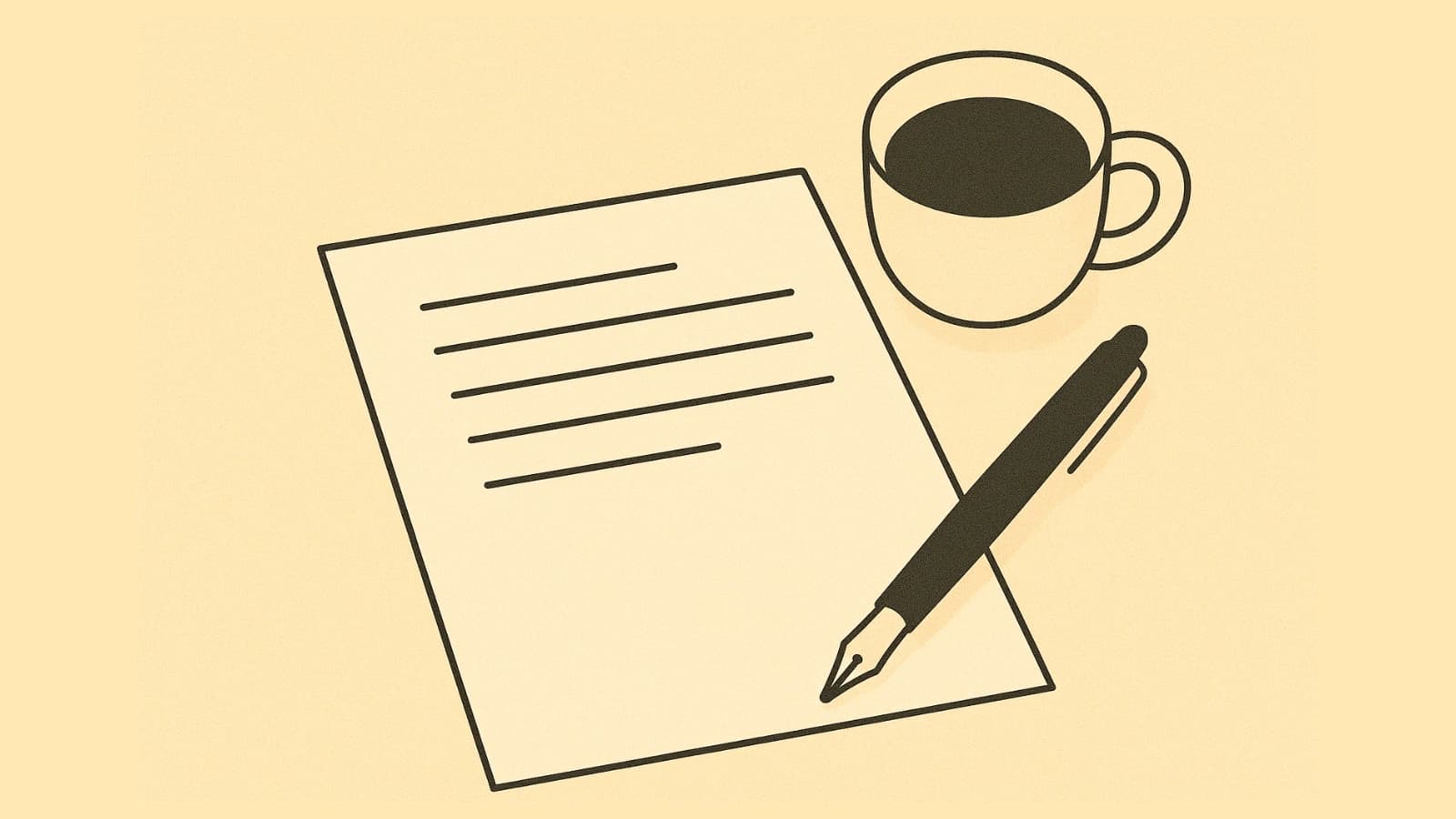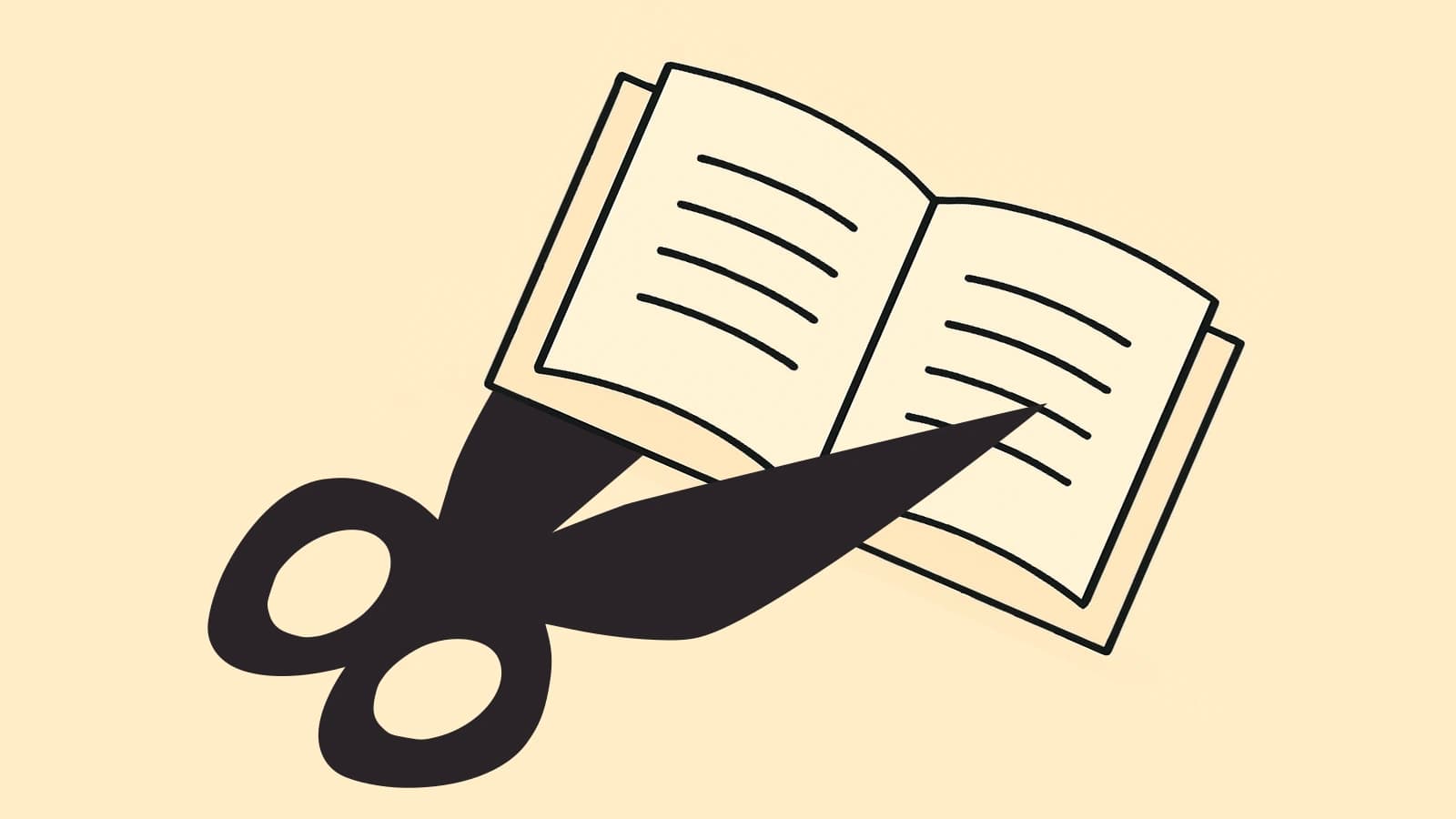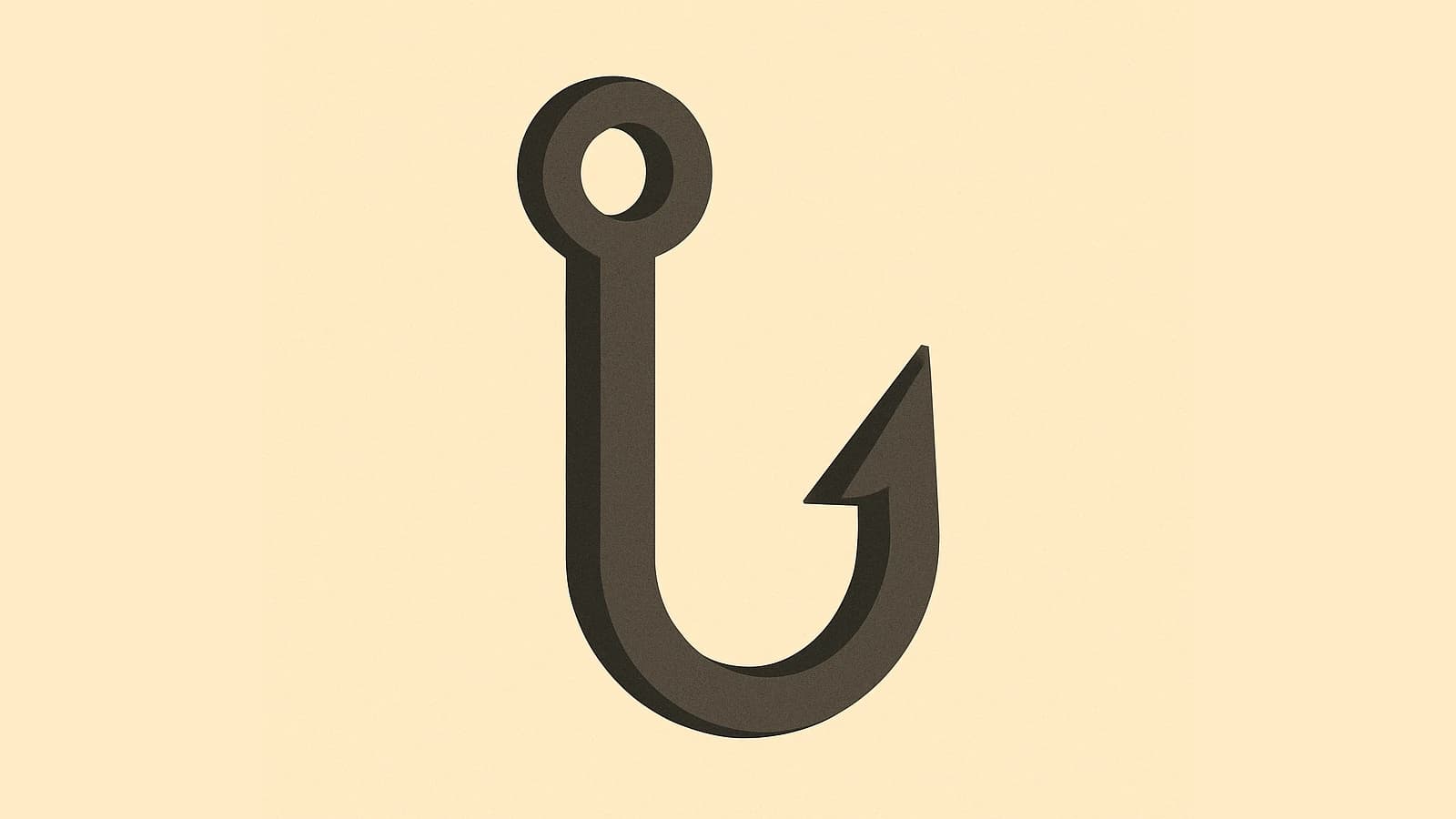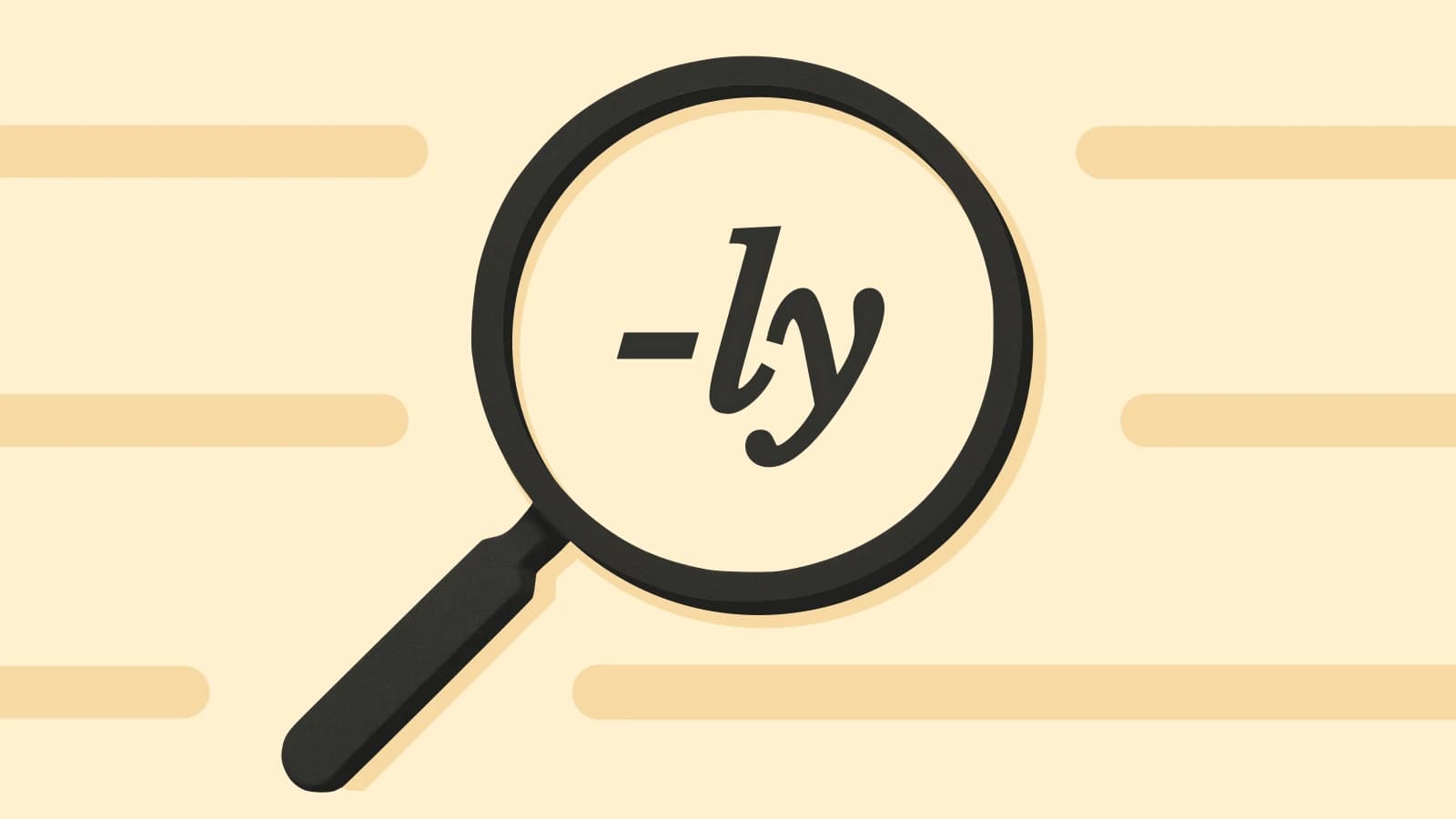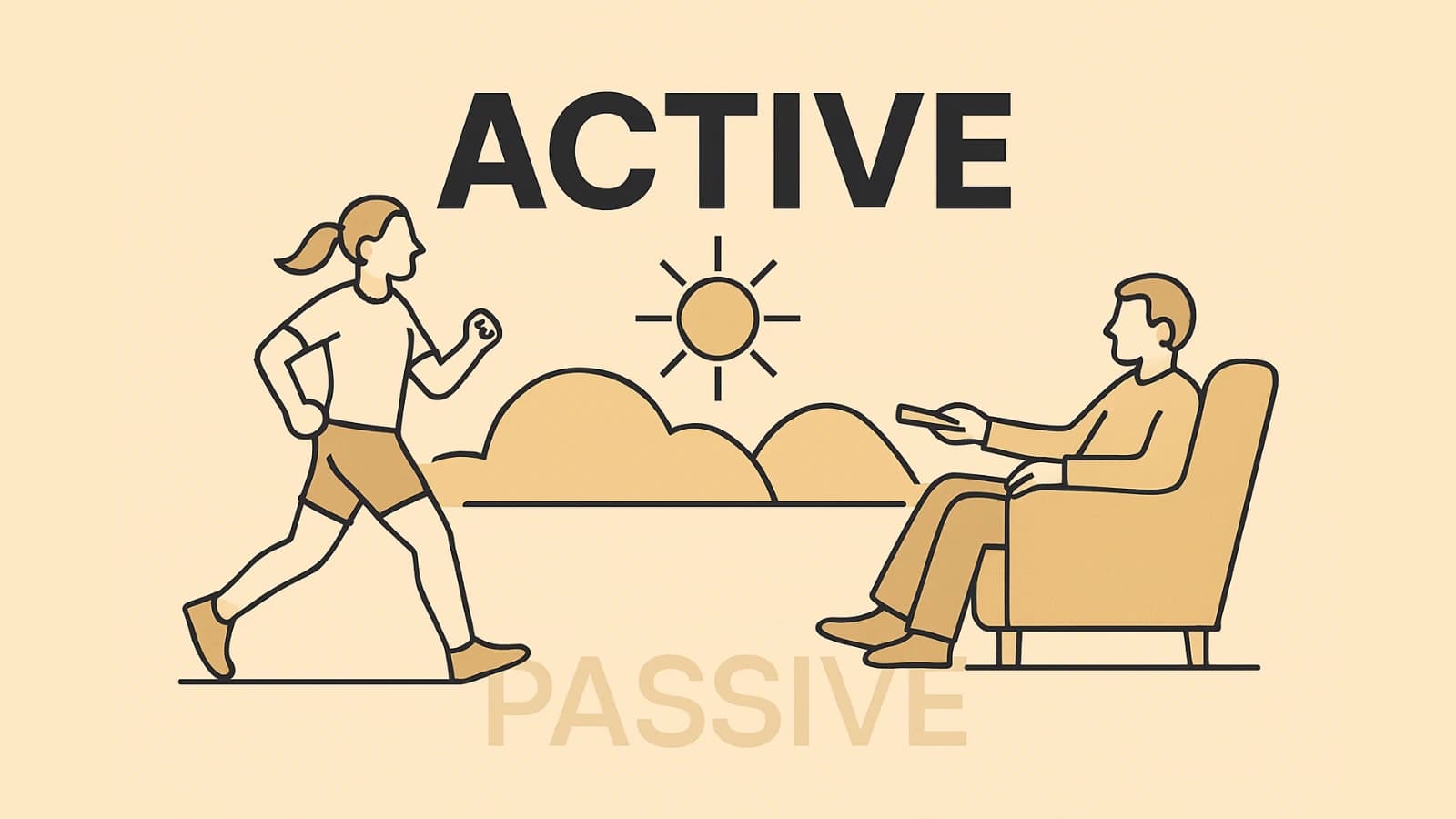Writing Resources
The all-in-one blog for writers to learn the craft and edit with confidence
Featured: Announcing the Inkshift $1,000 Writing Contest
We're excited to announce our first writing competition: a $1,000 prize for the best short story. Learn about the rules, judging criteria, and how to submit your entry before the deadline.
Recent Posts
How to Name Characters: A Guide for Fiction Writers
A character's name is their first impression. The right name feels inevitable; the wrong one creates a subtle barrier between reader and story. This guide covers the art and craft of naming fictional characters.
What Is Head Hopping and How to Avoid It
Head hopping is one of the most common POV mistakes writers make, yet many don't realize they're doing it. This guide explains what head hopping is, why it disorients readers, and how to fix it while still telling a multi-perspective story.
How to Write a Synopsis That Lands Agents
A synopsis shouldn't read like a Wikipedia plot summary. Learn the cause-and-effect chain method for writing a synopsis that captures your story's emotional beats, reveals character motivation, and makes literary agents actually want to read your manuscript.
Inkshift Markup Overview
You have your critique and revision plan, but tracking which scenes need which changes can be overwhelming. This guide introduces Inkshift's Markup feature, which annotates your entire manuscript with specific, actionable notes right where you need them.
Manuscript Formatting Guide for Inkshift
Getting the most out of Inkshift starts with proper manuscript formatting. This guide shows you exactly how to structure your document so our AI can accurately identify chapters, scenes, and provide the best possible feedback on your work.
An Overview of Popular Writing Advice
Everyone has writing advice, but which tips actually improve your manuscript? We break down the most enduring, effective strategies for plotting, character, and revision to help you navigate the journey from first draft to final polish.
20 Plot Ideas to Jumpstart Your Next Novel
The blank page is the writer's most common adversary. Whether you're a plotter or a pantser, sometimes you just need a spark. Explore 20 distinct plot prompts designed to unstick your imagination and set your story in motion.
Genres, Explained
Genre is more than a label on a bookstore shelf—it’s a promise to your reader. Learn how to identify your story's category, navigate genre conventions, and use market expectations to refine your manuscript.
Top AI Writing Tools for Authors in 2026
AI is transforming the writing process. Discover the best tools of 2026—Inkshift, SudoWrite, Novel Crafter, and more—and find out which one is the perfect fit for your brainstorming, drafting, and revision needs.
How to Choose the Perfect Title for Your Novel
A great title feels inevitable, but finding it takes work. Explore strategies to craft memorable book titles, from analyzing your manuscript's core themes to avoiding common mistakes.
Character Flaws: Why Perfect is Boring
Perfect protagonists have nowhere to go. Discover the three types of character flaws, how they create consequences, and why a character's struggle against their own weaknesses is the engine of a compelling story.
Show Don't Tell: 10 Examples That Bring Your Writing to Life
We've all heard the advice 'show, don't tell,' but what does it actually look like in practice? Explore 10 clear examples of transformation—from conveying emotion to establishing power dynamics—and learn exactly when to break the rule.
A Writer’s Guide to Character Arcs
The transformation a character undergoes is what hooks readers. This guide breaks down the positive, flat, negative, and circular character arcs, offering clear examples and common mistakes to avoid in your manuscript.
The Reverse Outline: How to Untangle a Messy Plot
If your novel feels tangled or the middle is dragging, the problem might not be your prose, it might be the structure. A reverse outline helps you diagnose plot holes, pacing issues, and passive characters by asking one brutal question: What actually happens on the page?
What Makes a Good Comp Title?
comparable titles are a crucial part of your query package, but most writers get them wrong. Discover how to avoid common pitfalls and choose comps that show agents you understand your genre, audience, and place in the market.
10 Questions to Ask Your Beta Readers
Getting feedback on your novel can be terrifying, but asking the right questions makes it productive. Discover the specific prompts that turn beta readers into your most valuable editing resource.
Inkshift Revision Plan Overview
You’ve received feedback on your manuscript, but now what? This guide walks you through turning abstract critiques into a chapter-by-chapter revision plan, helping you revise your novel with clarity and confidence.
5 Common Plot Holes and How to Fix Them
Plot holes can undermine a reader's trust and pull them out of your story. This guide offers practical fixes for five of the most common offenders, helping you patch up your manuscript's logic during the revision process.
How to Get Feedback on Your Writing
Writing is solitary, but improvement is collaborative. Discover how to navigate beta readers, critique partners, and AI analysis to transform your draft into a polished story.
How to Fix Your Novel's Saggy Middle
The middle of your novel is where stories are won or lost. Discover practical techniques like midpoint reversals, escalating stakes, and meaningful subplots to turn your sagging middle into a tense, engaging narrative that captivates readers.
How to Humanize AI Writing: Moving Beyond the Robot Voice
AI is a powerful drafting tool, but raw output rarely connects with readers. Discover how to identify the 'robot accent,' refine your prompts, and edit for a natural voice that sounds authentically like you.
How to Know What to Cut from Your Novel
Cutting thousands of words from your manuscript feels daunting, but it's one of the most effective ways to improve your story. This guide offers a strategic hierarchy for what to cut—from entire subplots down to single words—without losing your novel's soul.
Line-Editing Tips for Confident Prose
Confident prose doesn't just happen—it's crafted. Learn the essential line-editing techniques that transform your manuscript from a rough draft into a polished story. We'll cover how to cut redundant words, eliminate filtering language, strengthen your verbs, and trust your reader.
How to Write a Romance Arc That Readers Love
The best romances aren't just about two people falling in love—they're about two people becoming ready for love. This guide breaks down the essential structure, from the meet-cute to the final reunion, helping you build powerful character arcs and undeniable chemistry.
How to Worldbuild in Fiction: A Practical Guide
Worldbuilding isn't just for epic fantasy. It's the art of creating a setting that feels lived-in and real, no matter the genre. This guide offers a practical framework for building what matters, avoiding info-dumps, and making your world a character in its own right.
How Authors Use AI Story Analysis to Level Up Their Novels
AI story analysis isn't about replacing creativity—it's about giving writers objective feedback to identify specific weaknesses in plot, pacing, and character development, transforming the revision process.
How to Write Dialogue That Sings
Good dialogue is more than just characters talking. It's an essential tool for revealing personality, advancing the plot, and creating subtext. Learn how to write natural, compelling conversations with these five actionable tips.
5 Things AI Catches That Beta Readers Don’t
AI critiques can hold your entire manuscript in memory at once, spotting cause-and-effect patterns across hundreds of pages. This means faster, more precise feedback on pacing, character arcs, theme, and continuity than human readers, who often notice what feels off but not why.
The Ultimate Guide to Novel Story Structures
Story structure isn't a rigid formula. It's the blueprint that gives your novel momentum, emotional depth, and a satisfying arc. Explore popular structures like the Three-Act, Hero's Journey, and Seven-Point, and discover why Save the Cat! is the perfect starting point for new writers.
Opinion: How AI Could Save Traditional Publishing
With authors rapidly adopting AI tools, the publishing industry faces a turning point. This article explores how the flood of AI-assisted content creates a curation crisis, making the publisher's role as a filter for quality more valuable than ever.
Traditional Publishing: An Author's Guide
Traditional publishing is a well-established path for authors seeking professional expertise, wide distribution, and industry validation. This guide breaks down the entire journey, from querying, agents, book deals, and beyond to help you navigate this competitive landscape.
Self-Publishing: Everything You Need to Know
Self-publishing empowers authors with creative control and higher royalties, but it also demands business acumen. This guide covers the essential steps, costs, and strategies every independent author needs to succeed.
How to Write a Great Opening Hook
The opening hook is your novel's first impression. Discover the key elements of a powerful hook, common mistakes to avoid, and different types of openings that will keep readers turning pages.
Weaving Backstory Naturally: Hidden Exposition
Exposition is crucial for context, but clumsy 'info dumps' can pull readers out of your story. This guide offers practical techniques for weaving backstory into your narrative naturally, from single-sentence drops to dialogue and sensory triggers, ensuring your story's past enriches its present.
Choosing the Right Tense and Point of View for Your Novel
The choice of tense and point of view impacts your narrative. Explore first, second, and third person, alongside past, present, and future tenses, to understand how each shapes reader distance, pacing, and story experience.
How to Write Believable Characters Readers Won't Forget
Readers don't abandon books with slow plots; they abandon books with flat characters. This guide breaks down the essential elements that transform a simple character sketch into a person who feels alive on the page, and how to write characters that feel real.
Traditional vs. Self-Publishing: A 2025 Guide
The publishing landscape is more dynamic than ever. Whether you're seeking a traditional deal or the control of self-publishing, understanding the realities of each path is crucial. This guide offers a clear decision framework for new authors.
The Truth About Adverbs in Fiction
Stephen King famously advised against adverbs, sparking a heated debate among writers. But are these ubiquitous modifiers truly evil, or do they have a place in powerful storytelling? Discover when adverbs enhance your prose and when they signal a missed opportunity for stronger writing.
The AI Question: Is It Ethical to Write with AI?
From accessibility and speed to environmental costs and copyright debates, we explore the complex ethics of writing with AI to help you decide where you stand in the new literary landscape.
How to Edit Your Book with AI
Don't let editing overwhelm you. This guide shows how AI can provide fast, actionable critiques on everything from pacing and plot to character arcs and prose, helping you get your book ready for readers.
Active Voice vs Passive Voice: Why Your Characters Need to Take Action
The age-old advice 'Use active voice!' isn't just a stylistic preference. It's a critical tool for fiction writers. Discover how active voice puts your characters in control, builds momentum, and deepens reader investment, transforming your story from stagnant to thrilling.
Crafting Tension in Fiction
Tension is the invisible thread that pulls readers through your story. Learn to master stakes, pacing, character psychology, and strategic information release to transform your fiction into an unputdownable experience.
Book Writing 101: A Beginner’s Guide to Writing and Publishing Your First Book
Feeling overwhelmed by the journey from blank page to bookshelf? Our beginner's guide demystifies the writing and publishing process, explaining drafts, beta readers, query letters, agents, and publishing paths so you can start your author journey with confidence.
How to Revise Your Novel in Multiple Drafts
Transform your raw draft into a publishable novel with a structured multi-draft strategy. Discover how to tackle structural changes, refine your prose, and incorporate feedback from various sources to elevate your manuscript.
How to Show Not Tell in Creative Writing
Often misunderstood, 'show, don't tell' is about transforming your narrative from a passive report into an active, engaging experience. Discover how to reveal emotions, build worlds, and develop characters through action and subtext, respecting your reader's intelligence every step of the way.
How to Write a Query Letter
The query letter is your one-page pitch to a literary agent. Learn how to structure it, what key elements to include (like killer comparable titles), and what common mistakes to avoid so your submission stands out for all the right reasons.
Best Developmental Editors for Fiction
Developmental editing is the crucial first step in revising your novel, focusing on plot, character, and structure. This guide covers where to find top professional editors, how much to budget, and how new AI-powered tools can revolutionize your self-editing process.
What to Do With Book Feedback: How to Know What to Take—and What to Toss
It’s hard to know what to do with feedback. Should you change your ending? Cut that scene? Rethink the entire subplot? Here’s a guide to interpreting critique without compromising your story’s vision.
Should You Plan Your Novel or Write As You Go?
Do you need a detailed plot before you begin writing, or should you follow your characters wherever they lead? In this article, we explore the pros and cons of plotting, pantsing, and how to find your own method—especially if you're writing your first book.
What is Inkshift: An Author's Guide to Instant Manuscript Feedback
Tired of waiting months for feedback or spending thousands on editors? Inkshift is an AI-powered tool built by writers, for writers, to give you the instant, impartial manuscript critique you need to revise with confidence. Learn how it works and what it offers.
How to Finish Your Novel: 6 Strategies That Actually Work
Millions dream of writing a book, but only a tiny fraction finish. The secret isn't a single burst of inspiration, but a set of sustainable habits. Discover how to push through the messy middle and complete your first draft.
Finished Your First Draft? Here’s What to Do Next
Congratulations on typing 'The End!' But the journey isn't over. As any seasoned author knows, the real writing happens in revision. Learn the crucial steps to take your novel from first draft to a story ready for readers.
Beta Readers, Critique Partners, Editors? How to Choose the Right Feedback
Not all feedback is created equal. Here’s how to tell whether your novel needs a beta reader, critique partner, or professional editor—and when to use each.
How to Find the Right Critique Partner for Your Novel
Not all critique partners are created equal. Here’s how to find someone who can give you honest, insightful feedback, support your creative vision, and stick around through revisions.
Why Every Writer Needs Feedback
Writing is personal—but publishing is public. To bridge the gap, you need trusted feedback. Here’s why it’s essential, and how to get it.
